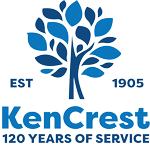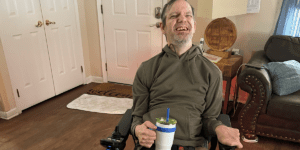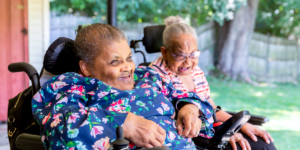In 1947, when stigma often silenced the needs of the most vulnerable, one woman dared to imagine something radically different. Her name was Sister Grace Jones, a deaconess trained in psychiatric nursing, and she stepped into leadership at the Kensington Dispensary and River Crest with a mission that would transform countless lives.
At the time, families of children with developmental disabilities were struggling, alone and unseen. Services were rare, and public schools did not allow children with disabilities to be included. Many had no chance to learn, make friends, or be part of their communities. But Sister Grace saw the opportunity that lay beyond the challenges. She recognized the value and potential in every child and knew they deserved more than the status quo.
She believed that all children deserved a chance to learn, grow, and be loved in a safe and supportive space, without being separated from the world. She and her team began visiting other programs and consulting with experts. They wanted to learn the best ways to help. Around this same time, many people in the U.S. were also fighting for equal rights for people of all races, abilities, and backgrounds.
In 1955, Sister Grace took a big step. The Kensington Dispensary opened a small program for kids with developmental disabilities. It started with just three children. They learned basic skills, but more importantly, they were treated with kindness and respect. Staff were taught to care for the children like family—with patience, love, and encouragement.
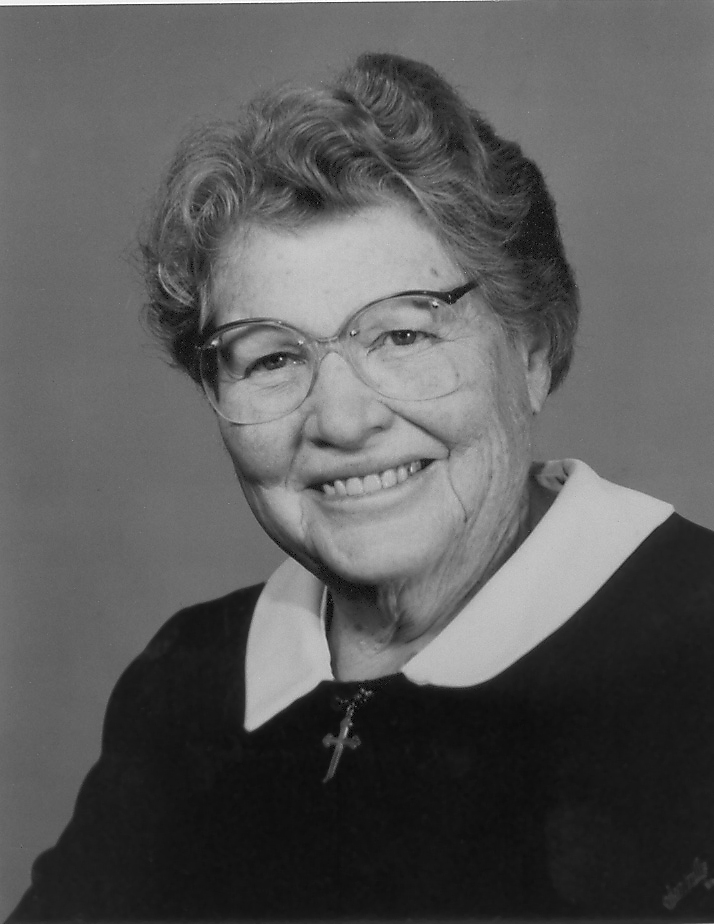
The program grew fast. By 1957, a second class was established, and by 1958, River Crest had been converted into a residential school where 12 children could live and learn. That same year, a summer camp was created, and over 130 children joined. It was the first time many of them had the opportunity to play and connect with others their own age.
By 1959, a third class was added at the Dispensary, and River Crest began offering temporary care for families in crisis, giving them a place to turn when they needed help the most.
What started as one woman’s idea had turned into a movement. Sister Grace helped people understand that children with disabilities deserved the same opportunities as anyone else. She didn’t just offer care, she offered hope.
Thanks to her leadership, the Dispensary and River Crest became places where every child could feel seen, supported, and valued.
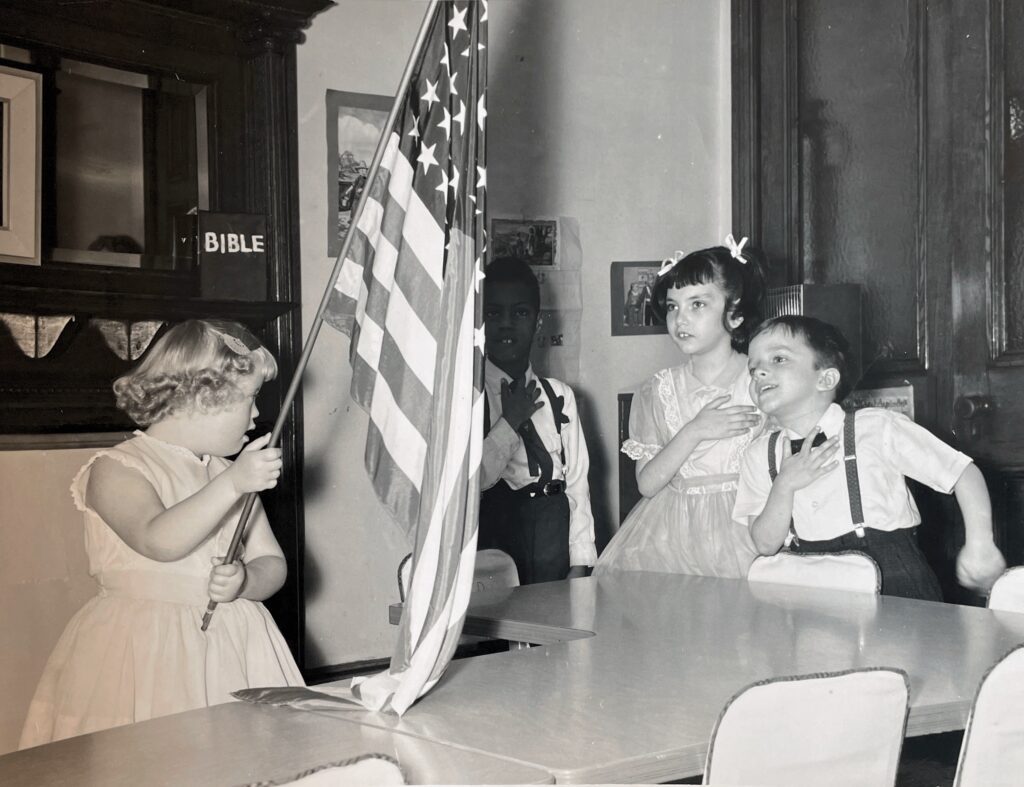
Sister Grace’s vision laid the foundation for what would eventually become KenCrest. Her belief—that everyone deserves to be treated with dignity, respect, and compassion—continues to guide us today.
Over the decades, KenCrest has grown from those small classes and summer camps into a leading nonprofit that supports thousands of people with intellectual and developmental disabilities across multiple states. But our purpose remains the same: to help every person live a full and meaningful life.
Today, we offer services that reach every part of a person’s journey:
- Early childhood programs that give children a strong start
- Residential living that offers comfort, independence, and community
- Employment services that help people find jobs and build careers
- Meaningful Day programs that encourage connection, creativity, and purpose
- Assistive technology and innovation to help people live more freely
- Family supports that walk beside caregivers every step of the way
Just like Sister Grace did in the 1950s, we continue to believe in possibility, in what people can do when given the chance. Her legacy is alive in every story of growth, success, and belonging we witness each day.
A Mission That Still Lives On
Help Continue Sister Grace’s Mission
You can be part of this story. Whether by donating, volunteering, or learning more, your support helps us create a future where everyone belongs.
